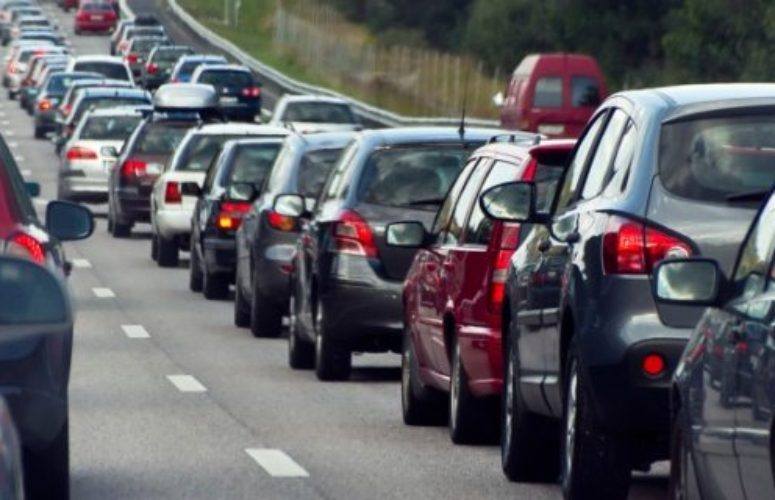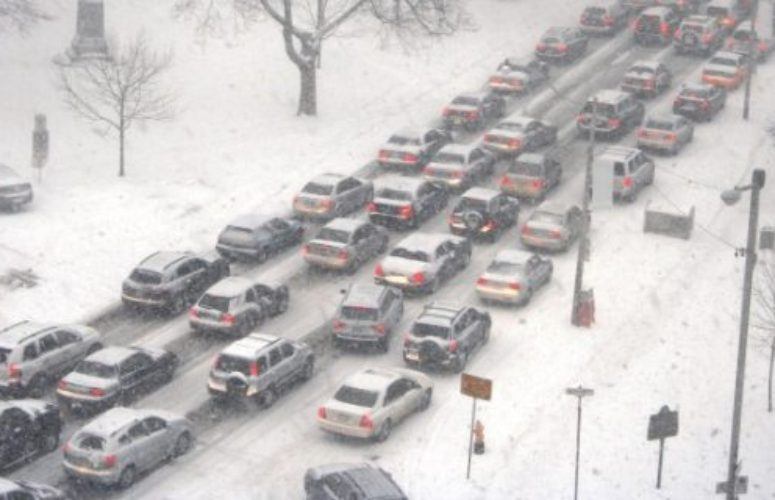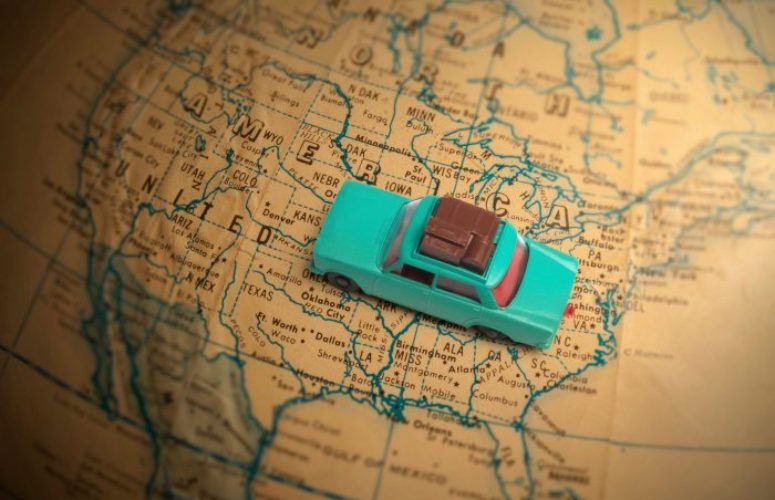
Nearly 1.3 Million Garden State Residents Will Travel for the Independence Day Holiday Weekend
On Jul 1, 2016AAA projects that Americans will take more trips than ever this Independence Day weekend. The nearly 43 million people projected to travel is the highest Fourth of July travel volume on record and five million more travelers compared to the Memorial Day holiday weekend. The trend holds true in the Garden State, as AAA Northeast projects that almost 1.3 million people will travel, a 1.6 percent increase over last year. AAA defines the holiday travel period Thursday, June 30 – Monday, July 4.
“Spurred by the lowest gas prices since 2005, more people than ever are planning to travel this Independence Day weekend,” said Marshall Doney, AAA President and CEO. “Whether they’re traveling by car, plane, train, or cruise ship, it will be exciting to see so many Americans celebrating our nation’s freedom with their friends and family over the long holiday weekend.
“We are well on our way for 2016 to be a record-breaking year for summertime travel,” continued Doney. “This trend is welcome news for the travel industry and a sign that Americans are taking to our nation’s highways and skies like never before.”
TRAVEL BY THE NUMBERS
Automobile
• New Jersey – 1,070,371 (84 percent of travelers), a 1.1 percent increase from last year.
• Nationally – 36.258 million (84.6 percent of travelers), up 1.2 percent from 2015.
Air
• New Jersey – 100,664 (7.9 percent of travelers), an increase of 1.4 percent from those who flew in 2015.
• Nationally – 3.343 million (7.8 percent of travelers), 2.2 percent more than last Independence Day.
Train, Bus, Watercraft or Other Mode
• New Jersey – 104,454 (8.1 percent of travelers), a 3.6 percent increase from 2015.
• Nationally – 3.278 million (7.6 percent of travelers), up 2 percent from last year
“With school out for summer, the Fourth of July holiday is typically the busiest summer travel holiday,” says Cathleen Lewis, Director of Public Affairs and Government Relations for AAA Northeast. “Lower gas prices and airfares are fueling New Jerseyans to get away this weekend. It’s expected that 315,000 more Garden State residents will travel this weekend than Memorial Day weekend just over a month ago.”
Low Gas Prices Driving Increase in Auto Travel this Memorial Day
Low gas prices are motivating millions of Americans to travel this Independence Day. Despite recent seasonal increases, gasoline prices remain well below recent years. AAA expects most U.S. drivers will pay the lowest Independence Day gas prices since 2005, when the average price for the holiday weekend was $2.23 ($2.15 in New Jersey).
Today’s national average price for a gallon of gasoline is $2.31, which is 47 cents less than one year ago. In New Jersey, the average price for a gallon of gas is $2.11, 50 cents lower than the same time last year.
Tips for Drivers
AAA expects to provide aid to more than 370,000 motorists during the Independence Day holiday travel period, with the primary reasons being dead batteries, lockouts and flat tires. AAA recommends motorists check the condition of their battery and tires before heading out on a road trip. Also, have vehicles inspected by a trusted repair shop, such as one of the nearly 7,000 AAA Approved Auto Repair facilities across North America. Members can download the AAA Mobile app, visit AAA.com or call (800) AAA-HELP (222-4357) to request roadside assistance.
Summer Travel Safety
AAA reminds motorists that temperatures inside parked cars can quickly reach dangerous levels, putting unattended children and pets at high risk. Follow these tips for safe summer travel:
- Never leave children or animals unattended in a car — not even for a short period of time. Outside air temperatures in the 90s can rise to 125 degrees inside the vehicle within 20 minutes, causing brain damage and death.
- When parked, use a sun shield to cover the windshield, which will help minimize heat buildup and help protect the car’s interior. Cover metal and plastic parts on seat belts and child safety seats to prevent burns.
- Open the vehicle’s doors and let the interior cool for a few minutes before entering.






